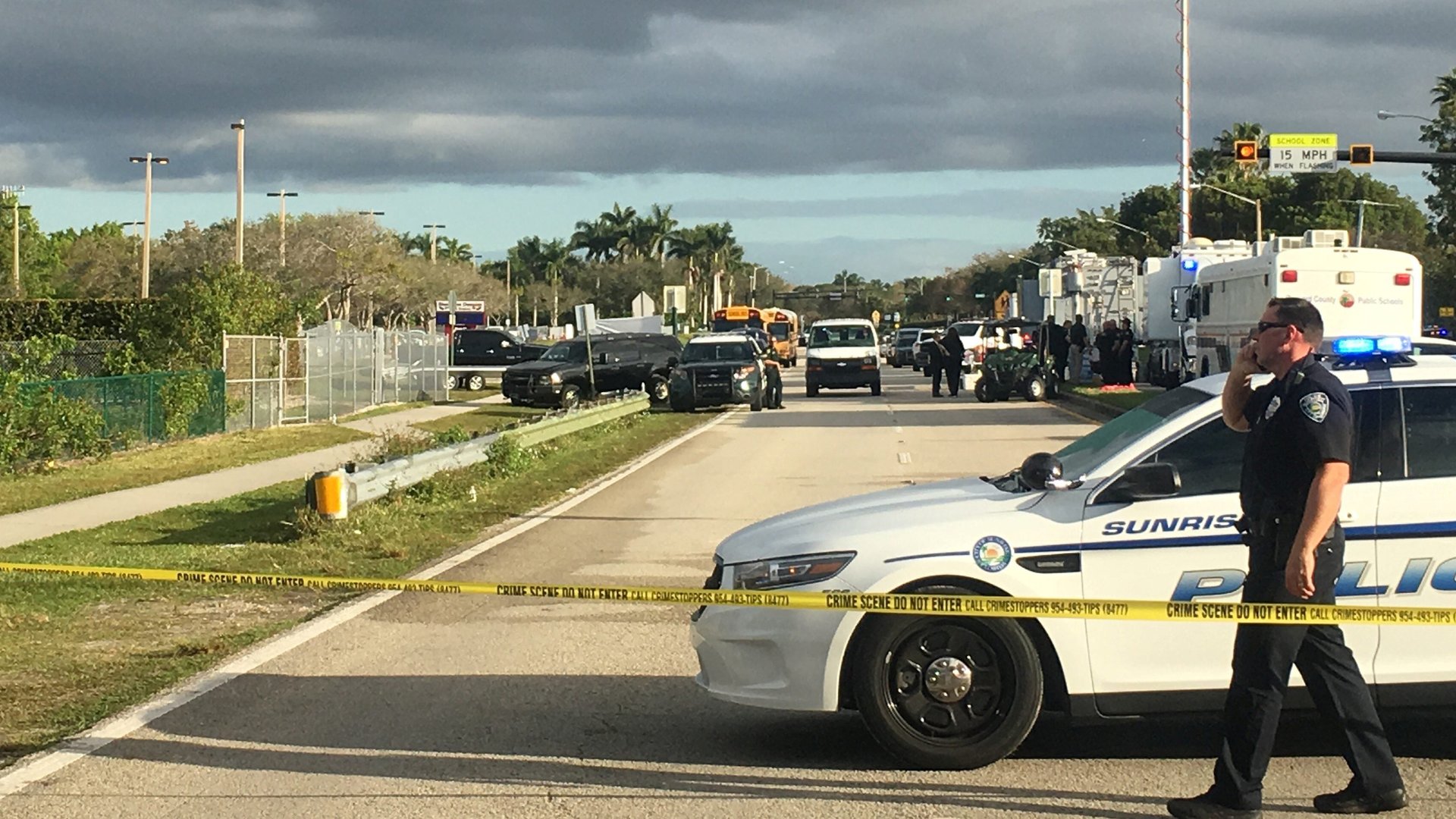Fake accounts for the Florida shooter are spreading on Instagram, and that’s dangerous
After the deadly shooting at the Marjory Stoneman Douglas High School in Parkland, Florida, Instagram users started creating fake accounts for the alleged shooter, Nikolas Cruz, some containing disturbing photos that he had posted before his own account was suspended.


After the deadly shooting at the Marjory Stoneman Douglas High School in Parkland, Florida, Instagram users started creating fake accounts for the alleged shooter, Nikolas Cruz, some containing disturbing photos that he had posted before his own account was suspended.
This phenomenon is dangerous for several reasons, violence researchers told Quartz. For one, it helps spread disinformation, and there is a possibility it could lead to more violence.
The accounts are under the shooter’s name or variations. Many are private, some are public. The profile photos are often the shooter’s likeness. Some of the accounts just reproduce the photos, some pretend to be his personal account, some call for punishing the suspect. Others are scams, purporting to want to raise awareness about mental health issues or guns, and linking to crowdsourcing sites to collect funds.
Jennifer Johnston, a psychology professor at Western New Mexico University whose research has shown that media coverage of a mass shooting can contribute to an increase in violence, said that a similar “contagion effect” is suspected for social media. She cited 2015 work by a group of researchers from the University of Vermont that found an association between Twitter chatter about a school shooting and the probability of a copycat attack in the following days. The study did not establish a causal link, just a correlation.
“Suicidal individuals who have access to guns, and tend to blame others for their problems, are very susceptible to the lure of instant fame that mass media and social media provide them,” she told Quartz in an email, imploring both journalists and social media users to refrain from identifying mass shooters.
Sherry Towers, professor at Arizona State University who has studied contagion in mass shootings from an epidemiological perspective, says that, beyond potential copycat effects, there is a broader danger in the misinformation that these fake accounts breed. “They are trying to push a particular narrative that might feed into someone’s political agenda or conspiracy theories.” When people are conned into believing a suspect perpetrated his act for certain reasons, their views on how to fix the problem of mass shootings will be fundamentally misinformed.
Towers recalled a situation where she, who studies these topics, was nearly fooled by a fake social media account. After the deadly Las Vegas shooting, Google News surfaced for her a fake news story claiming the suspect, Stephen Paddock, was a radical Islamic terrorist, linking to a social media account that was ostensibly his. The Google algorithm failed to show her credible information. “I can see how the average person can be fooled,” she said.
After one editor at Quartz reported one fake account for the alleged shooter, with what appeared to be an image of a corpse, Instagram swiftly removed it, but myriads of others are still online. Both Facebook and Instagram, which is owned by Facebook, have struggled with curbing violent content, but have devoted significant resources to hiring an army of content moderators, and investing in AI technology to weed it out.
“There is absolutely no place on our platforms for people who commit such horrendous acts,” an Instagram spokesperson said in a statement sent to Quartz. “We have found and immediately deleted the shooter’s accounts on Facebook and Instagram.” A combination of technology, user reports, and human review is used to remove content that violates its rules, the spokesperson said.